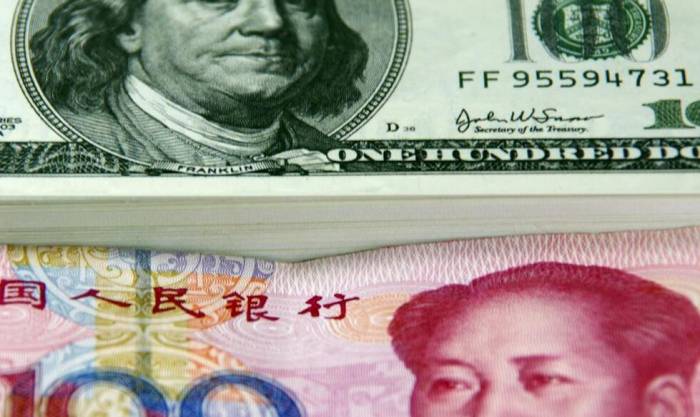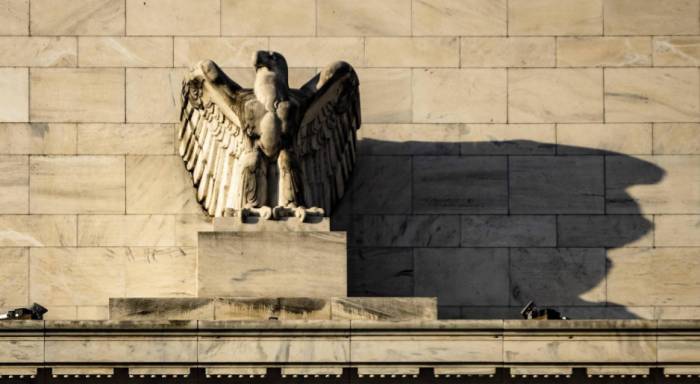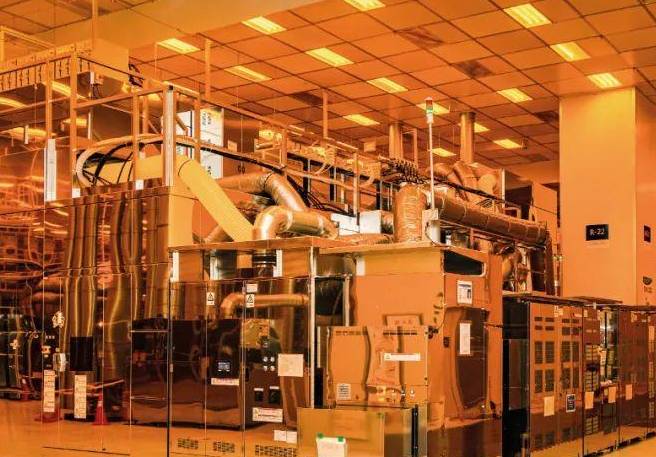The eastern Libyan government announced it will halt all oil production and exports due to a "central bank dispute"... On Monday, as the political situation in Libya deteriorated, the eastern Libyan government declared it will cease all oil production and exports.
The eastern Libyan government stated on social media platforms that all oil fields, terminals, and facilities are facing "force majeure."
This move is in response to the rival government based in Tripoli's attempt to take over the Libyan central bank.
Following the announcement, oil prices surged significantly, with WTI crude oil rising above $76, and Brent crude oil breaking the $80 mark.
Although the eastern Libyan government is not recognized by the international community, most oil fields are currently under the control of the eastern Libyan military leader Khalifa Haftar.
The embattled Libyan central bank governor Sadiq Al-Kabir insists on opposing attempts to overthrow him, deepening the standoff between the rival factions in the country that has lasted for more than a week, as they vie for control over the massive oil revenues of this divided OPEC nation.
According to local media reports, Al-Kabir submitted a lawsuit to the Libyan Attorney General last Sunday, which seems to be a last-ditch effort to prevent being "usurped."
The Libyan central bank has become the latest key battleground for control of this North African country.
Since the 2011 NATO-backed uprising against long-term ruler Muammar Gaddafi, Libya has been plagued by unrest, with divisions between the eastern and western governments.
Over the past year, the relationship between Al-Kabir and Tripoli Prime Minister Abdul Hamid Dbeibah has been deteriorating, reaching a peak on August 18th, when the former was accused of mishandling funds.
Al-Kabir stated that the move was illegal.
The support of the eastern Libyan faction for him has intensified tensions between the rival governments, jeopardizing the 2020 agreement brokered by the United Nations, which aims to reunify the war-torn country with the largest oil reserves in Africa.
Libyan media, including Al Marsad News Agency, reported that last Sunday, a government delegation attempted to enter the central bank's office in Tripoli to deploy a new management committee but was prevented by security personnel.
The Libyan central bank stated that the regulatory body's suspension of operations affected services, including foreign currency exchange.
Regarding crude oil, Citigroup said that as Libya's divided elites battle over the independence of the central bank and control of oil revenues, the risk of disruption to light sweet crude oil supplies increases, which could drive Brent crude oil prices to the mid-range of around $80-$89 per barrel.
Citigroup added that refinery maintenance and additional supplies from OPEC+ might curb overshoots in crude oil prices, but the impact on the spread between low-sulfur and light sweet crude oil prices could last longer.
Analysts added that the next significant move in oil prices will partly depend on the next steps taken by Israel and Hezbollah.






























Share Your Comment
hare your unique insights